Parties, Elections, and Policy Reforms in Western Europe
Social pacts policy agreements between governments, labor unions and sometimes employer organizations began to emerge in many countries in the 1980s. The most common explanations for social pacts tend to focus on economic factors, influenced by industrial relations institutions such as highly coordinated collective bargaining. This book presents, and tests, an alternative and complementary explanation highlighting the electoral calculations made by political parties in choosing pacts.
Using a dataset covering 16 European countries for the years 19802006, as well as eight in-depth country case studies, the authors argue that governments choice of social pacts or legislation is less influenced by economic problems, but is strongly influenced by electoral competition. Social pacts will be attractive when party leaders perceive them to be helpful in reducing the potential electoral costs of economic adjustment and wage restraint policies. Alternatively, parties may forgo negotiations with social partners and seek to impose such policies unilaterally if they believe that approach will yield electoral gain or minimize electoral costs.
By combining the separate literatures on political economy and party politics, the book sheds new light on the dynamics of social pacts in Western Europe. This book will be of interest to students and scholars of political science, economics, political economy, European Studies and comparative politics.
Kerstin Hamann is Professor of Political Science at the University of Central Florida. She is the co-editor of Institutions and Democratic Development and Assessment in Political Science.
John Kelly is Professor of Industrial Relations, Birkbeck College, University of London, UK. His books include Union Organization and Activity and Rethinking Industrial Relations (both published by Routledge).
Routledge research in comparative politics
1 Democracy and Post-Communism
Political change in the post-communist world
Graeme Gill
2 Sub-State Nationalism
A comparative analysis of institutional design
Edited by Helena Catt and Michael Murphy
3 Reward for High Public Office
Asian and Pacific Rim States
Edited by Christopher Hood and B. Guy Peters
4 Social Democracy and Labour Market Policy
Developments in Britain and Germany
Knut Roder
5 Democratic Revolutions
Asia and Eastern Europe Mark R. Thompson
6 Democratization
A comparative analysis of 170 countries
Tatu Vanhanen
7 Determinants of the Death Penalty
A comparative study of the world
Carsten Anckar
8 How Political Parties Respond to Voters
Interest aggregation revisited
Edited by Kay Lawson and Thomas Poguntke
9 Women, Quotas and Politics
Edited by Drude Dahlerup
10 Citizenship and Ethnic Conflict
Challenging the Nation-State
Haldun Glalp
11 The Politics of Womens Interests
New Comparative and International Perspectives
Edited by Louise Chappell and Lisa Hill
12 Political Disaffection in Contemporary Democracies
Social capital, institutions and politics
Edited by Mariano Torcal and Jos Ramn Montero
13 Representing Women in Parliament
A comparative study
Edited by Marian Sawer, Manon Tremblay and Linda Trimble
14 Democracy and Political Culture in Eastern Europe
Edited by Hans-Dieter Klingemann, Dieter Fuchs and Jan Zielonka
15 Social Capital and Associations in European Democracies
A comparative analysis
Edited by William A. Maloney and Sigrid Roteutscher
16 Citizenship and Involvement in European Democracies
A comparative analysis
Edited by Jan van Deth, Jos Ramn Montero and Anders Westholm
17 The Politics of Foundations
A comparative analysis
Edited by Helmut K. Anheier and Siobhan Daly
18 Party Policy in Modern Democracies
Kenneth Benoit and Michael Laver
19 Semi-Presidentialism Outside Europe
A comparative study
Edited by Robert Elgie and Sophia Moestrup
20 Comparative Politics
The principal-agent perspective
Jan-Erik Lane
21 The Political Power of Business
Structure and information in public policymaking
Patrick Bernhagen
22 Womens Movements
Flourishing or in abeyance?
Edited by Marian Sawer and Sandra Grey
23 Consociational Theory
McGarry and OLeary and the Northern Ireland Conflict
Edited by Rupert Taylor
24 The International Politics of Democratization
Comparative perspectives
Edited by Nuno Severiano Teixeira
25 Post-communist Regime Change
A comparative study
Jrgen Mller
26 Social Democracy in Power
The capacity to reform
Wolfgang Merkel, Alexander Petring, Christian Henkes and Christoph Egle
27 The Rise of Regionalism
Causes of regional mobilization in Western Europe
Rune Dahl Fitjar
28 Party Politics in the Western Balkans
Edited by V era Stojarov and Peter Emerson
era Stojarov and Peter Emerson 29 Democratization and Market Reform In Developing and Transitional Countries
Think tanks as catalysts
James G. McGann
30 Political Leadership, Parties and Citizens
The personalisation of leadership
Edited by Jean Blondel and Jean-Louis Thiebault
31 Civil Society and Activism in Europe
Contextualizing engagement and political orientation
Edited by William A. Maloney and Jan W. van Deth
32 Gender Equality, Citizenship and Human Rights
Controversies and challenges in China and the Nordic countries
Edited by Pauline Stoltz, Marina Svensson, Zhongxin Sun and Qi Wang
33 Democratization and the European Union
Comparing Central and Eastern European post-communist countries
Edited by Leonardo Morlino and Wojciech Sadurski
34 The Origin of Electoral Systems in the Postwar Era
A worldwide approach
Krister Lundell

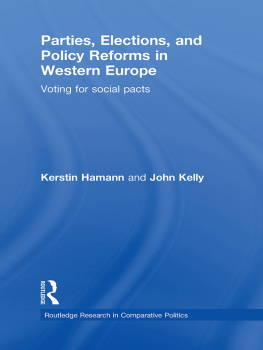



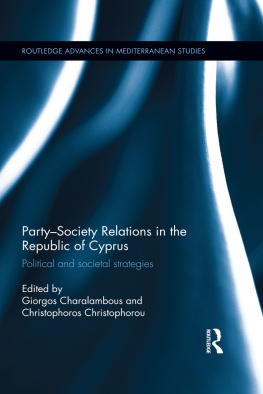
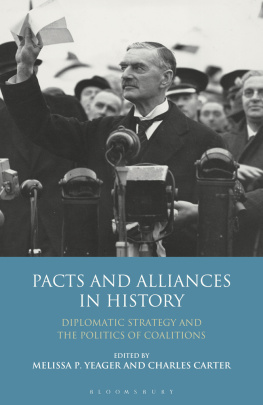

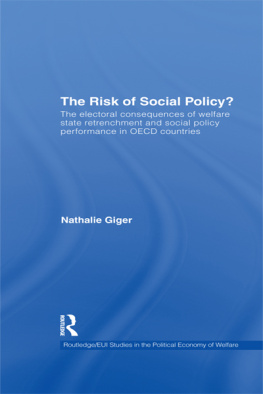

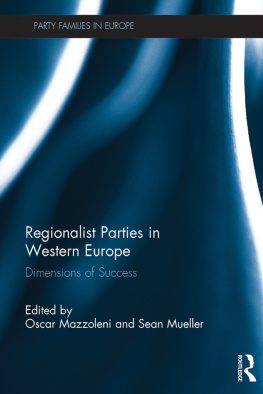
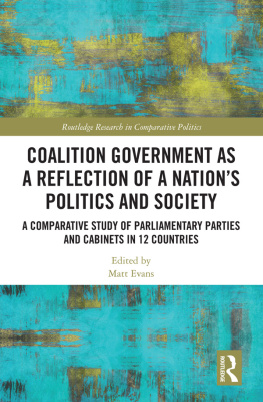
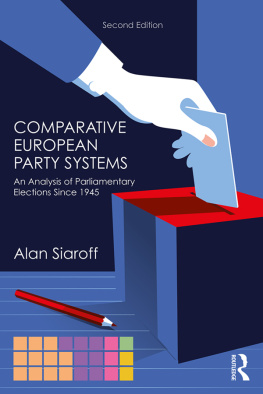
 era Stojarov and Peter Emerson
era Stojarov and Peter Emerson